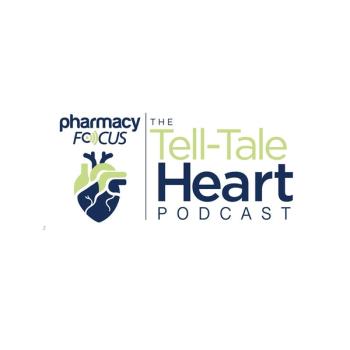
Lung Cancer Drug Granted Accelerated Approval
New treatment option for patients who no longer respond to Xalkori.
The FDA today granted accelerated approval to a new therapeutic option for patients with lung cancer following promising results in a pair of clinical trials. Alectinib (Alecensa) treats metastatic ALK-positive non—small cell lung cancer (NSCLC) after disease progression on the drug crizotinib (Xalkori).
“Today’s approval provides a new therapy for a group of patients who would have few treatment options once their disease no longer responds to treatment with Xalkori,” said Richard Pazdur, MD, director of the Office of Hematology and Oncology Products in the FDA Center for Drug Evaluation and Research, said in a statement. “In addition to the primary effect on tumors in the lung, Alecensa clinical trials provide evidence of an effect on tumors that had spread to the brain, which is an important effect for clinicians to understand.”
The first study, called NP28761, enrolled 87 patients with ALK-positive NSCLC who progressed on crizotinib, to receive Alecensa at 600 mg orally twice daily until progression. Alecensa showed an overall response rate (ORR) of 38% in an independent review and 46% in an investigator assessment with a treatment duration response of 7.5 months.
Median progression-free survival (PFS), while not mature at the time of review, was 6.3 months.
In the second study, called NP28673, 138 patients pretreated with crizotinib received Alecensa at 600 mg orally twice daily until progression. ORR was 44% in an independent review and 48% in an investigator assessment, with response duration of 11.2 months.
The median PFS in an independent review was 8.9 months, while the ORR was 57% in 35 patients with CNS disease, with a duration of response at 10.3 months.
The most common adverse events with Alecensa across both studies were fatigue, constipation, edema, and myalgia. Serious adverse events included liver problems, severe or life-threatening inflammation of the lungs, very slow heartbeats, and severe muscle problems. Alecensa was also associated with photosensitivity and an increased risk of sunburn.
“Alecensa is now approved as a new option for people with ALK-positive NSCLC who progress on or are intolerant to crizotinib,” said Sandra Horning, MD, chief medical officer and head of Global Product Development at Genentech. “Sixty percent of people enrolled in our studies had tumors that had spread to their central nervous systems, and Alecensa shrank tumors in many people in a subset of patients with CNS disease.”
The approval is still dependent on results from the confirmatory phase 3 ALEX study comparing Alecensa with crizotinib in chemotherapy-naive patients with ALK-positive NSCLC.
Newsletter
Stay informed on drug updates, treatment guidelines, and pharmacy practice trends—subscribe to Pharmacy Times for weekly clinical insights.







































